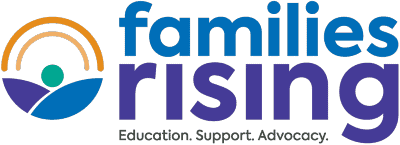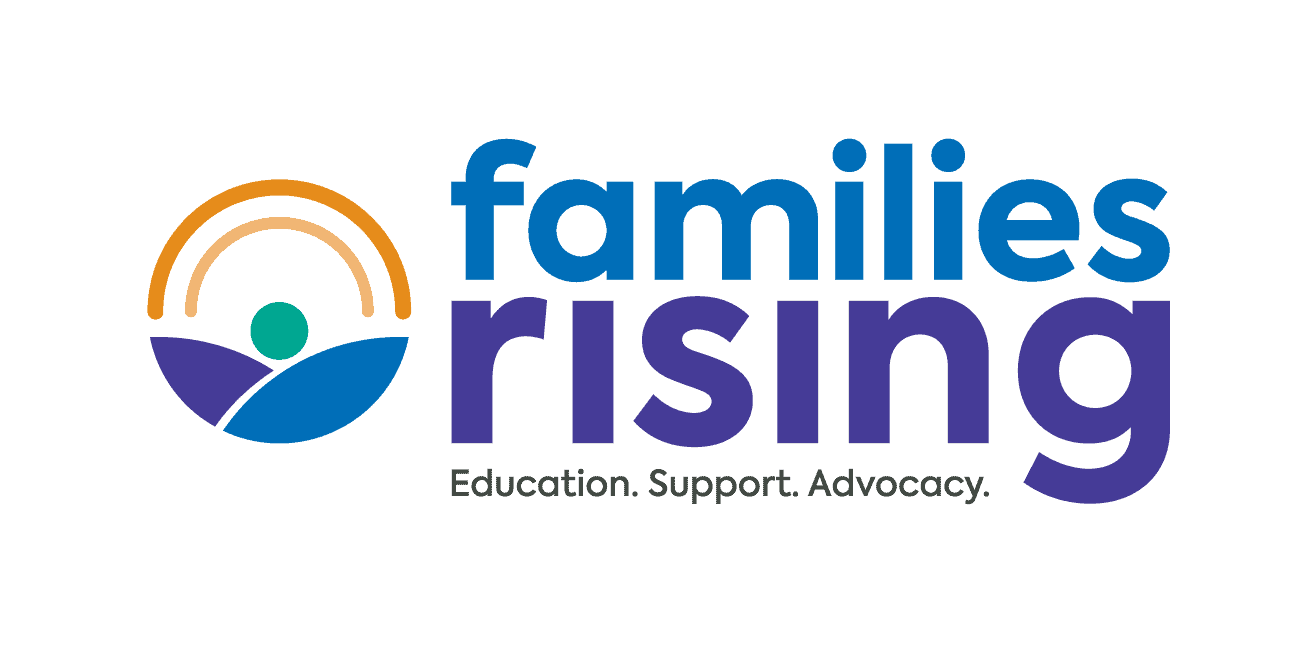State Contact
State Subsidy Contact Person
Stephen Gilliand, MSW
Adoption Program Manager
Virginia Department of Social Services
Division of Family Services
801 E. Main Street, 11th Floor
Richmond, VA 23219-2901
804-339-0240
Fax: 804-726-7499
stephen.gilliand9@dss.virginia.gov
Adoption Resources on the Web
http://www.dss.virginia.gov/family/ap/index.cgi
Virginia state-specific medical assistance information:
http://www.dss.virginia.gov/benefit/medical_assistance/
Code of Virginia, Title 63.2, Chapter 13 Adoption Assistance for Children with Special Needs, §63.2-1300 through §63.2-1304
https://law.lis.virginia.gov/vacode/title63.2/chapter13/
Virginia Administrative Code 22VAC40-201-161
https://law.lis.virginia.gov/admincode/title22/agency40/
chapter201/section161/
Virginia DSS Adoption Assistance Manual
https://www.dss.virginia.gov/files/division/dfs/ap/intro_page/
manuals/07-01-2022/Section_2_Adoption_Assistance.pdf
In Virginia for a child to qualify for adoption assistance, it must be determined that the child cannot and should not return home, there have been reasonable efforts to place without assistance and meets on of this criteria:
- Physical, mental, or emotional condition existing before legal adoption;
- Hereditary congenital problem or birth injury that could lead to a substantial risk of future disability (this will be a $0 agreement at finalization);
- Six years old or older and has been in foster care for eighteen (18) months or longer;
- Member of a minority group based on racial, multi-racial, or ethnic heritage ;
- Close relationship with one or more siblings that are in the same placement home; or
All adoption assistance rates are negotiated up to the foster care rate. Basic rate based on age.
| Age | Rate |
|---|---|
| 0-4 | $521 |
| 5-12 | $609 |
| 13+ | $772 |
Virginia policy allows for enhanced maintenance payments when the LDSS determines that the adoptive parent(s) provide(s) additional daily support and supervision that is above age-appropriate levels to meet the child’s special needs on an ongoing basis. The rate is determined through the VEMAT process.
Special Service Payments may be available. This type of payment provides funding for services for a child, consistent with their special needs, that are not covered by insurance or other resources, and the adoptive parents cannot afford to cover them out of pocket. These services include, but are not limited to:
- medical, surgical, and dental care;
- equipment such as prosthetics, braces, crutches, hearing aids, eyeglasses, etc.;
- individual tutoring or remedial educational services, books, or equipment;
- psychological and psychiatric evaluations and treatment;
- speech, physical, and occupational therapy;
- supplement the cost of health insurance policy premiums for a child when there is no health insurance coverage available to the parents;
- residential placement.
Payments for special services are negotiated with the adoptive parents taking into consideration available alternative resources to defray the costs involved. Alternative resources must be used when available, and services must be documented in the adoption assistance agreements and provided for a specified time frame. Payments may be made either directly to the family or to the vendor specified in the adoption assistance agreement. Special services may cover respite, child care and residential treatment placements. There is also a maintenance child care that may be available for children under 13 and adopted after July 1, 2017.
Adoption assistance payments typically cease when the child reaches age 18. If the child has a disability that warrants continuation of adoption assistance it can be extended to their 21st birthday. Youth adopted on or after their 16th birthday may have adoption assistance extended after they turn 18, up to their 21st birthday, if they meet certain criteria.
Virginia Department of Social Services (VDSS) provides, at no cost to adoptive families, one full year of case management services to assist with adjusting post-finalization of the adoption. Each local department of social services (LDSS) agency can tailor its post-adoption program to meet the needs of the the community in which they service
To locate post-adoption service providers, visit this website and scroll to the Virginia Post-Adoption section, https://www.dss.virginia.gov/nam/index.html.
Great Expectations can provide tuition assistance for Virginia Community Colleges if the youth was considered special needs adoption at the time they receive their high school diploma or equivalency. http://greatexpectations.vccs.edu/wp-content/uploads/2019/06/vatutiongrantflyer_rev_2.pdf
For information about kinship permanency options, including Virginia’s Kinship Guardianship Assistance Program (KinGAP) visit their brochure,
https://www.dss.virginia.gov/nam/downloads/kinship_care_brochure_web.pdf


